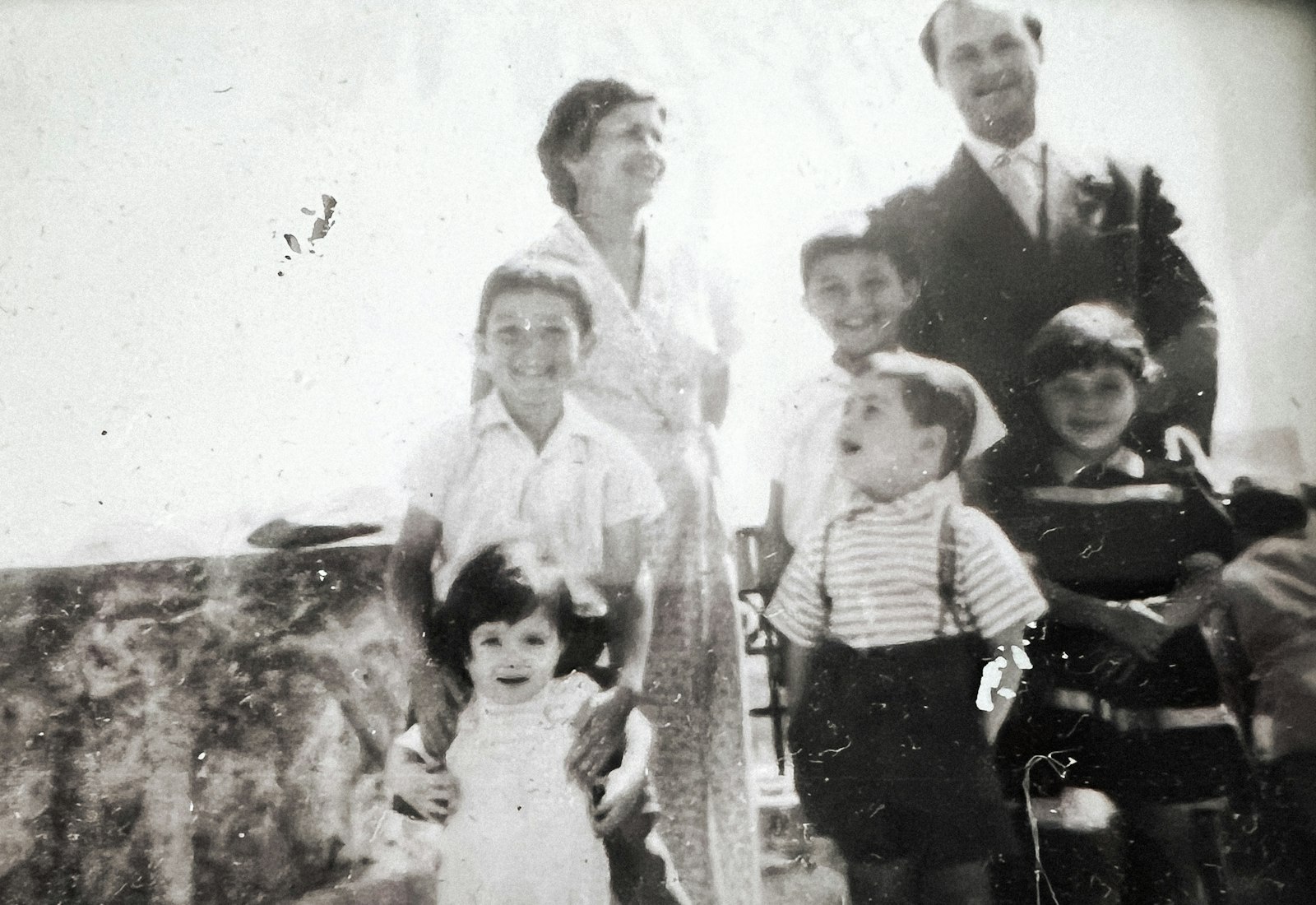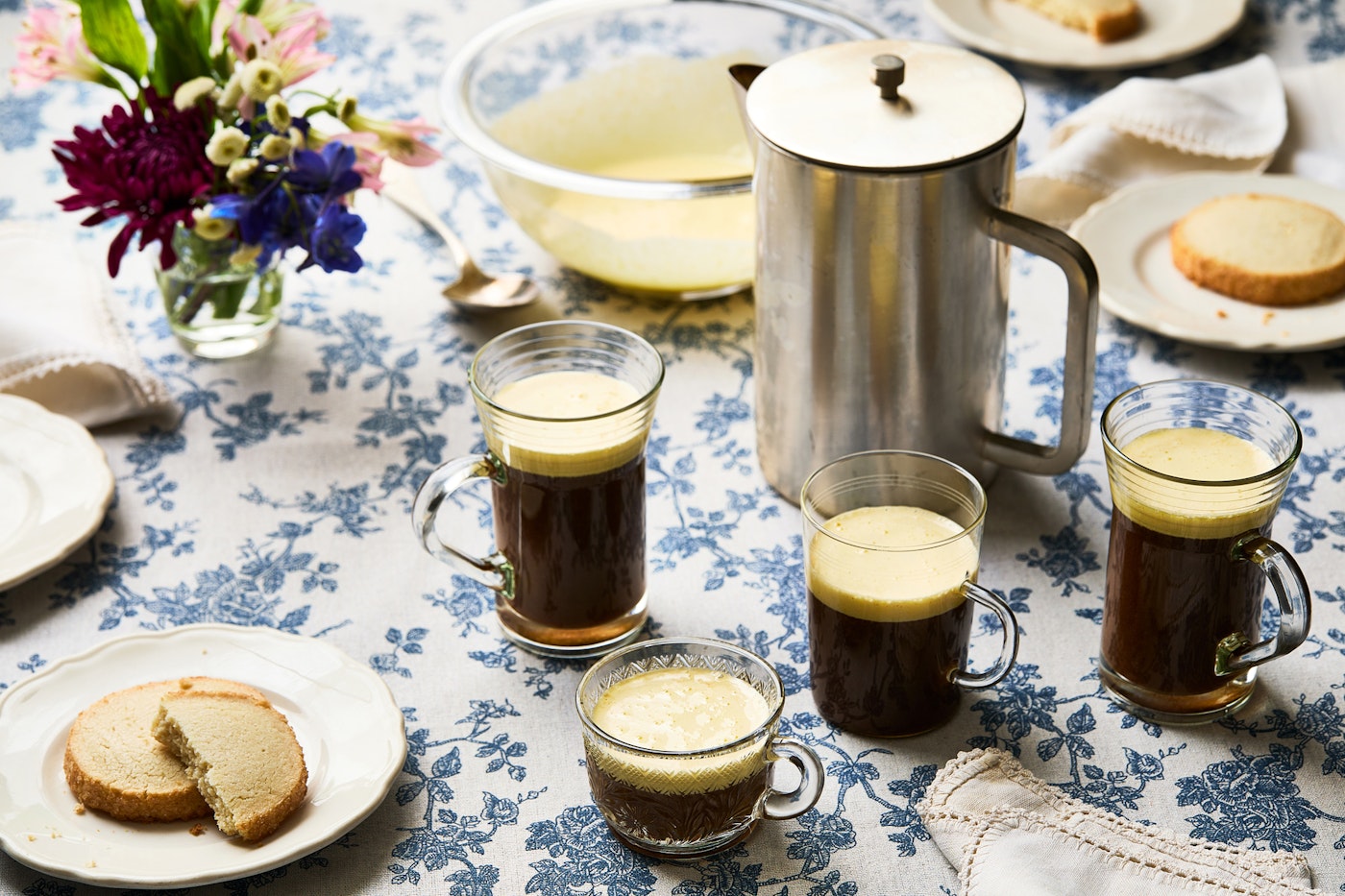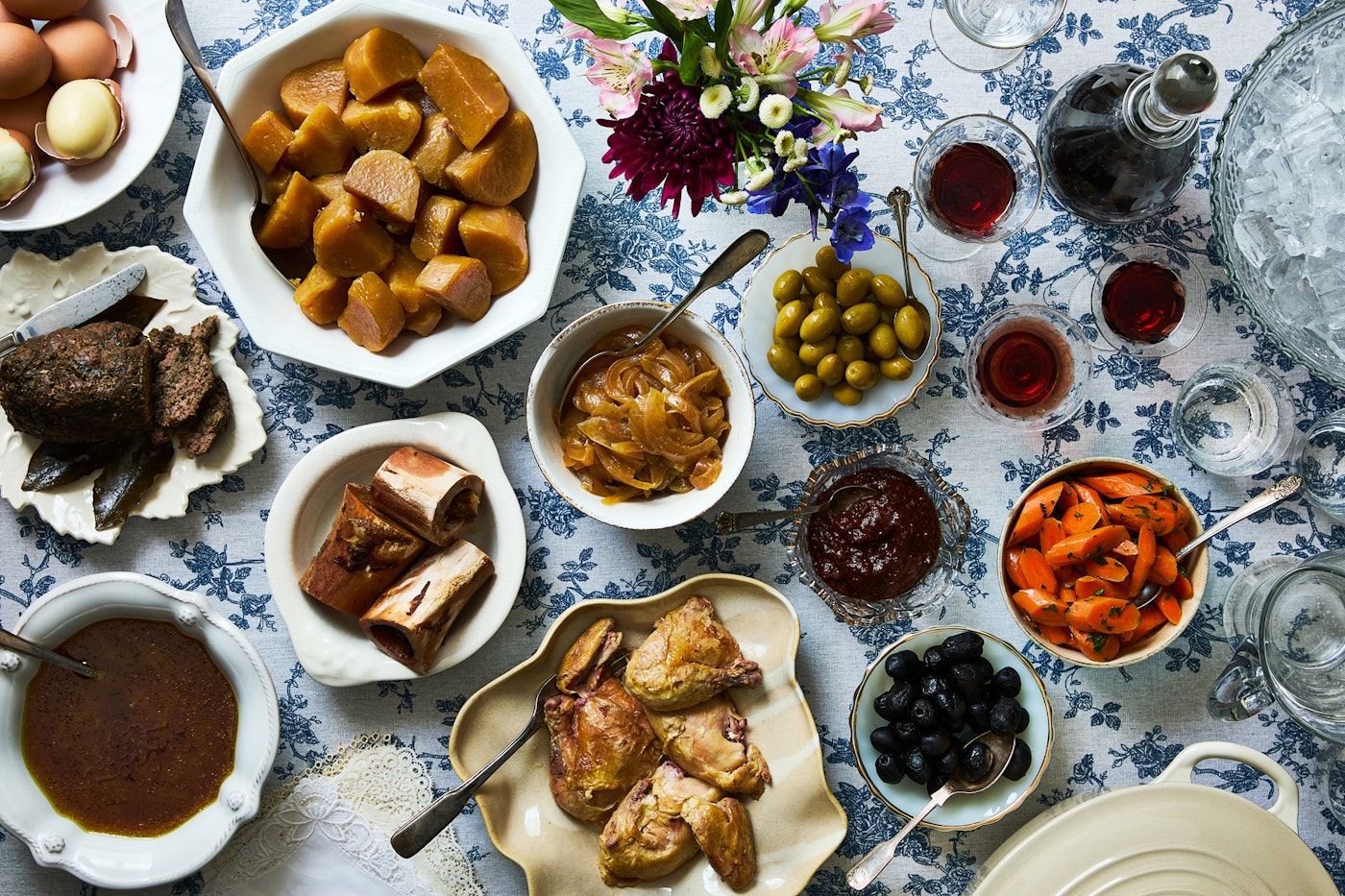Shared by The Fedida Family


“Living in my household was almost like you were still living in Morocco,” Andre Fedida explains. When he was five-years-old, in 1959, his family moved to New York City, but “once you entered the door, we spoke French exclusively. It was a very traditional Moroccan upbringing,” he adds. They listened to Arabic and French music and the dishes his mother Renee cooked were always Moroccan — couscous she let dry in the sun in the backyard, chicken tagines, lamb and beef kofta kebabs wrapped around celery, and her dafina, that cooked slowly on Shabbat evenings and throughout Yom Kippur.
“Looking back at it now, I obviously didn't appreciate it as much when I was a child, but it was a very rich upbringing in terms of cultural traditions that were maintained — despite the fact that we were in a different country and in a different culture,” he adds.
The family’s roots in North Africa stretch back generations and before that to Spain or Portugal, prior to the Spanish Inquisition. They were part of a once thriving Sephardi community, but by 1965, most of the Jewish population had left — many for Israel or France. Of their rather large extended family, they were the only ones to come to the United States.
In New York, the Fedida family tried to go unnoticed as immigrants, Andre says, fearing that others would question why they were here. “It was really stressed upon us to make sure that we never got ourselves into any kind of trouble with the law. You don't want anybody to really recognize who you are. And that's what it was like for me and my siblings growing up,” he shares.
In their early years here, holidays like Yom Kippur were celebrated with just the immediate family of six siblings and their parents. A generation later, however, “it’s a stark difference for us,” Andre’s son Ethan Fedida explains. He and his cousin Jacqueline Fedida grew up spending holidays with a family that’s grown and set down roots.
Jacqueline remembers holding out to break the holiday fast was always tough as a kid. Other families would break it early in the evening, but the religious members of their family kept the fast until the very end — and walked home from synagogue, delaying the meal even further.
Before the holiday, Renee would bake batches and batches of sugar cookies and biscuits with sesame seeds to break the fast, serving them alongside coffee topped with whipped sweetened eggs. After the sweets came the dafina, which had been cooking for the entire day, perfuming her home. In their family, each element — including game hen, beef, potatoes, and whole eggs — are served on their own, so everyone can take what they like. These days, it’s served alongside harissa from Elfassy, Ethan’s company that gets its moniker from his grandmother’s maiden name. Every year, when the family eats the rich dafina, “we fall in love again,” Ethan says.
As Renee’s gotten older, her caretaker Zohra Elkanzari, a Muslim Moroccan woman who has been with the family for many years, has helped maintain her recipes. “We call her our grandma whisperer,” Jacqueline says. “Even when it's Ramadan, she'll cook our family's Passover meal using recipes that my grandmother would have used.”
Renee’s daughter Barbara Fedida Brill is now the family member who hosts Yom Kippur break fast and prepares the dafina with Zohra for everyone. Carrying on her mother’s recipes “is a lot of responsibility,” Barbara explains. “It's the best thing ever to know how to make the stuff — but it's also overwhelming to think that if I don't do something to preserve them, they're going to disappear.”

